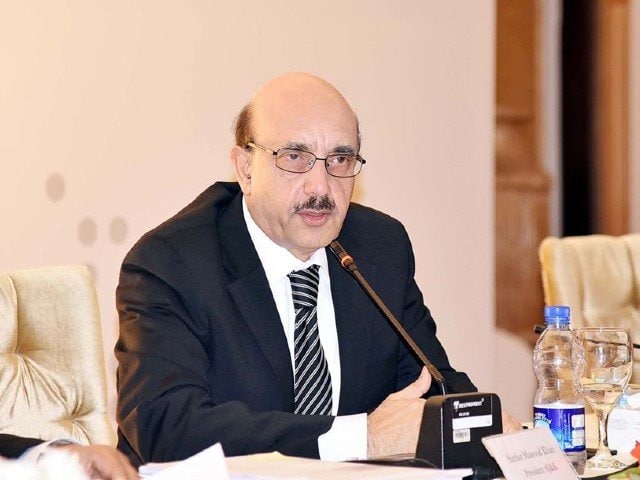Ambassador of Pakistan to the United States, Masood Khan has said that the USAID, State Department and Pakistan are coordi-nating to develop projects that would benefit people directly and would launch a new program for climate ad-aptation and risk mitigation.
He said that the United States can help Pakistan in transformation to renew-ables, especially wind and solar power.
Addressing a webinar on “What Paki-stan’s Climate Crisis Means for the World” organized by prestigious US think-tank Quincy Institute for Re-sponsible Statecraft, Masood Khan said that transformation to renewables was important for adaptation and em-bracing new technologies that would help the country build resilience to re-spond to the future disasters.
He said that Pakistan’s top priorities post floods period included recovery, rehabilitation and reconstruction. “Within these three clusters, our priori-ties are to restore lives and livelihoods; create economic opportunities; ensure social protection and rebuild damaged infrastructure,” he added.
The Ambassador thanked the U.S. government for not only providing an assistance of US$ 200 million for flood affectees but also using its convening power to garner support for the flood affected people during International Conference on Climate Resilient Paki-stan in Geneva.
Masood Khan said that the projects pledged by international financial insti-tutions and multilateral banks during Geneva Conference were aimed at poverty alleviation and building new infrastructure in critical sectors such as health and education. He expressed the hope that continued commitment to-wards those projects, engagement of community at grass roots level and ef-fective monitoring mechanism would help ensuring expeditious implementa-tion.
“The Federal Government of Pakistan and all the provincial governments are firmly committed to ensuring transpar-ency and accountability in utilization of flood assistance,” he said.—AFP










